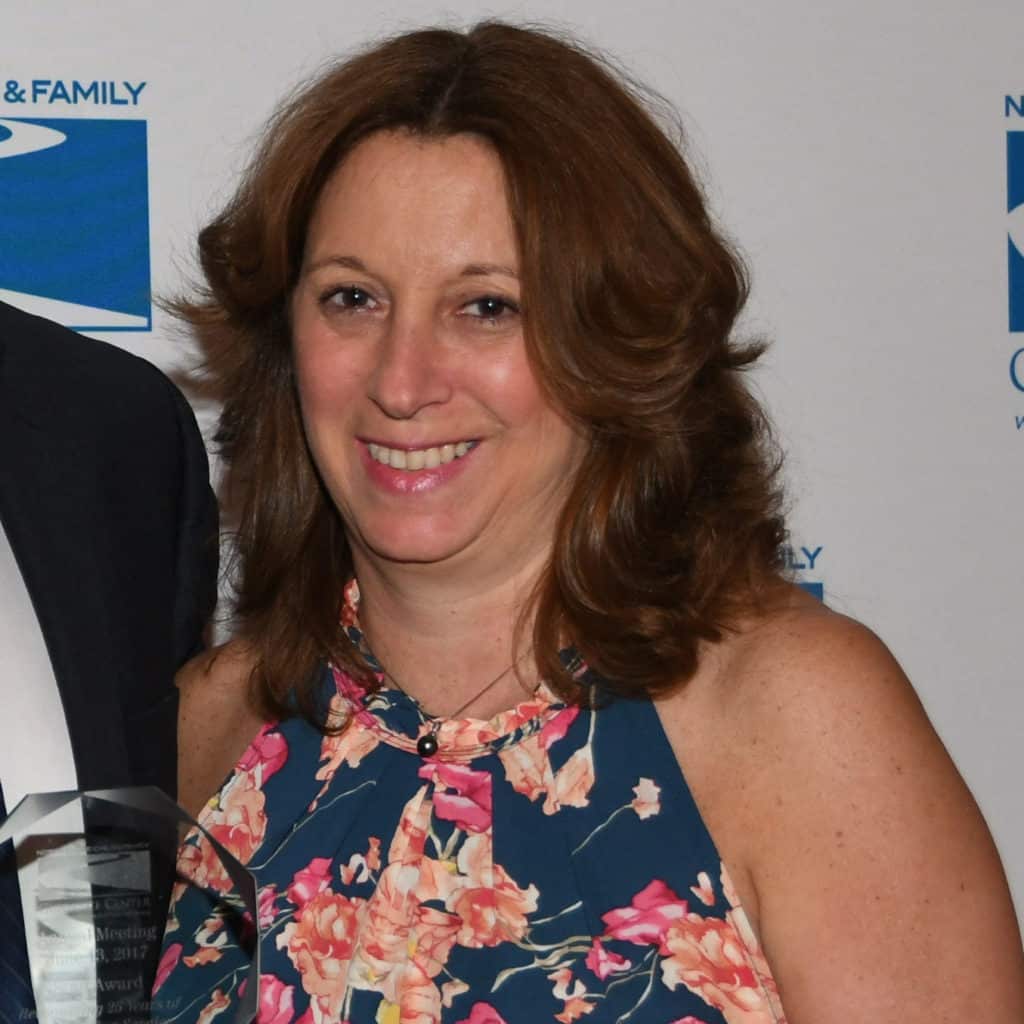The holiday season is fully upon us, but this year’s celebrations will be unlike any we’ve ever experienced. Typically, our calendars are full of events, whether they are parties with colleagues or friends, visits with the kids to meet Santa, festive holiday concerts or a variety of other joyous occasions. But with the pandemic surging, many of these well-loved traditions have been canceled.
It’s been a very difficult and unprecedented time in our history. People are tired of being cooped up at home; they’re exhausted from feeling afraid. They miss being with friends and family. Bottom line: We all want our “normal” lives back—a perfectly understandable desire, especially this time of year.
While the pandemic and all the uncertainty has been extremely taxing on all of us, it’s even harder on our children. No birthday parties, graduations, proms, playdates or vacations. Worries about the health of their loved ones. Difficulty adapting to remote schooling. Financial insecurity. And around the holidays, the loss of family gatherings. It’s a lot of trauma for youngsters to handle.
The good news is, as a parent or caregiver, you can take some concrete steps to help your kids cope with the losses and changes we face this season.
First, be sure to plan ahead for the holidays as a family so that you don’t have a sense of anxiety looming. Give everyone the chance to have input into the agenda, so they can become comfortable with the plans and work out their feelings. In a world that seems so unpredictable, let them know what they can count on.
Each family has its own comfort level in terms of what they deem safe and acceptable. When you, as the adult, have made those decisions, convey that plan to your children—for example, we can visit outdoors with Grandma and Grandpa, but only if we wear our masks and stay six feet apart. Knowing the rules is important, especially since other families may have rules that are different from your own.
Recognize that your kids are likely to feel sad, angry and disappointed, and let them express those emotions. If they tell you some form of “This isn’t fair!” or “This stinks!” acknowledge that those feelings are normal and even healthy.
Also, while your parental instinct may be to focus on “fixing” the problem, that often isn’t what your children need. Instead, focus on listening, validating and empathizing with them. This is also a good opportunity for you to model appropriate expression of feelings and healthy coping skills.
Schedule some Zoom time with the relatives and friends you cannot be with in person this year. Of course, it’s not a replacement for a real hug, but it does allow for a genuine connection with the people your children love.
While many of our family traditions are on hold, this is a great time to create some new ones. Ask your kids for suggestions on new activities so they’ll feel a sense of ownership of the day. Some possibilities: A family hike, new board game or a classic like charades, holiday crafts, photo albums, karaoke or baking for neighbors.
Final thought: While your children are experiencing a sense of loss, it may help them feel better to do something that helps others. Perhaps they can choose a charity to give their loose change to or make handmade thank you lawn signs or cards for frontline responders.
Wishing you and yours a happy, safe and healthy holiday season.
Dr. Sue Cohen is the Director of Early Childhood and Psychological Services at North Shore Child & Family Guidance Center, the leading children’s mental health agency on Long Island. The Guidance Center is seeing new and existing clients via telephone and video during the COVID-19 crisis or in person when deemed necessary. Call 516-626-1971 to make an appointment.















